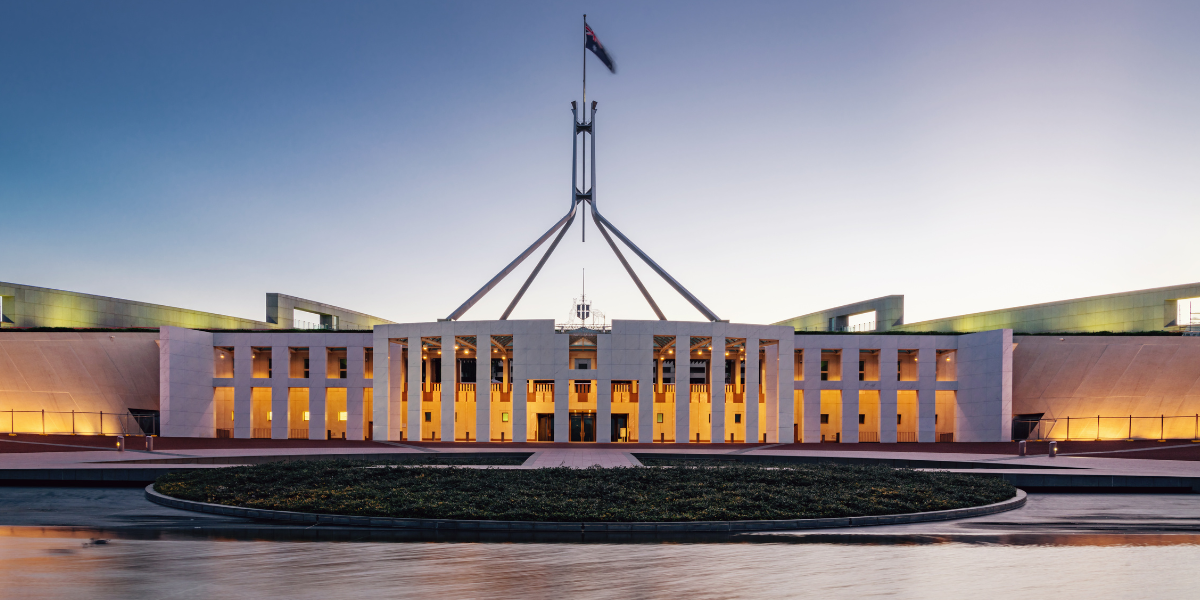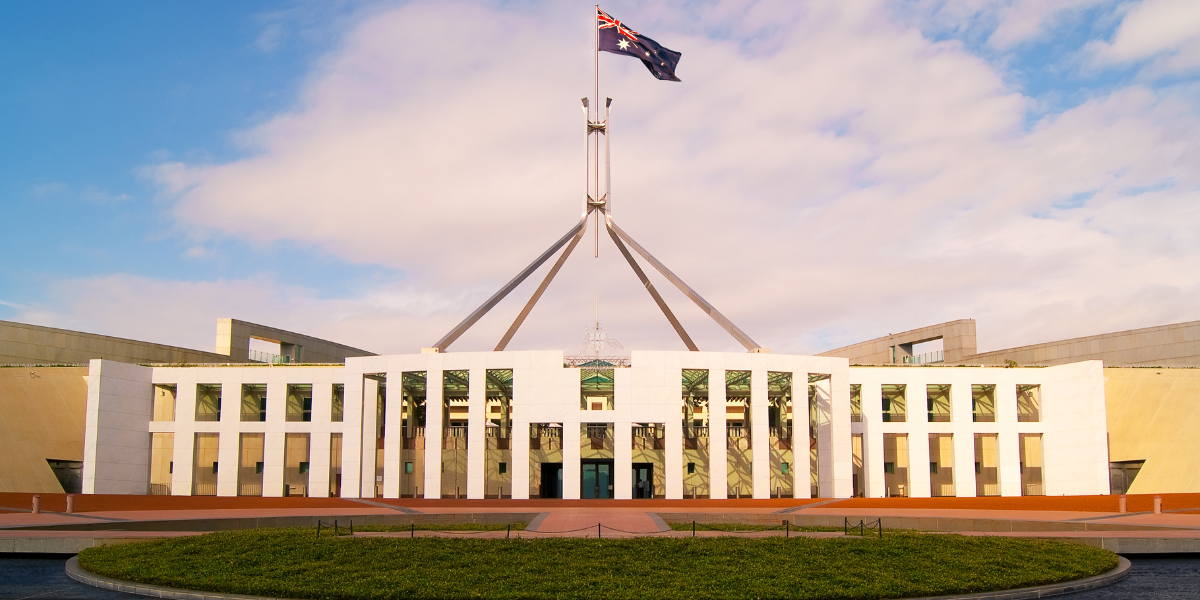The Australian Treasury has published a consultation paper in November 2024 outlining Australia’s strategy for adopting the OECD-developed guidelines on the Crypto Asset Reporting Framework (CARF) and related modifications to the Common Reporting Standard (CRS).
The OECD CARF is a new tax transparency framework that provides an international standard for the automatic exchange of crypto-related account information between revenue (tax) authorities. In general terms, crypto assets are a digital representation of value that an entity can transfer, store, or trade electronically – common examples include Bitcoin, investment tokens, and non-fungible tokens.
The OECD developed the CARF to address the rapid growth of the crypto asset market globally. The CARF is intended to be a global minimum standard in tax information exchange and builds on the existing CRS (outlined below), which enables participating tax authorities to exchange (traditional) financial account information on foreign tax residents, serving as a deterrent on tax evasion.
This consultation paper is intended to inform the Government’s policy considerations on the CARF. The paper explores the following issues, with specific questions included to guide stakeholder input:
- The policy merits of transposing the OECD model into our domestic tax law (compared to a bespoke policy approach);
- Potential implementation considerations.
- The timeline for implementation that would minimise compliance costs on the community.
This paper seeks views on options for Australia’s implementation of the OECD-developed Crypto Asset Reporting Framework and amendments to the Common Reporting Standard. Interested parties are invited to comment on the implementation details. While submissions may be lodged electronically or by post, electronic lodgement is preferred.
All information (including name and address details) contained in formal submissions will be made available to the public on the Australian Treasury website, unless it is indicated that you would like all or part of your submission to remain confidential.
The deadline for sending comments is 24 January 2025.















